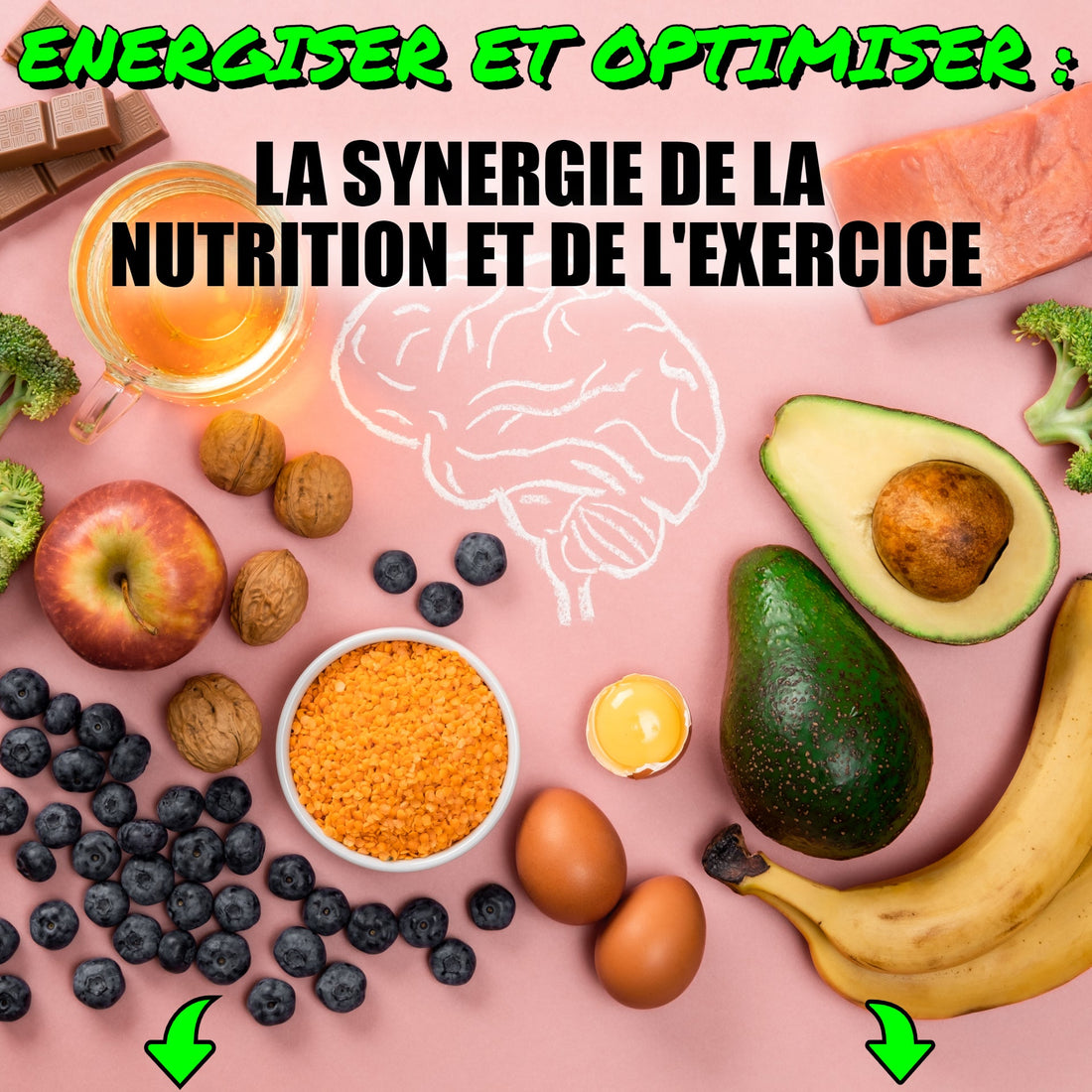
The Symbiotic Connection: Exploring the Scientific Link Between Physical Activity and Nutrition
Aktie


Before delving into the relationship between physical activity and nutrition, it's crucial to understand that the human body operates like a finely tuned machine. Just as a car requires fuel to function optimally, our bodies require proper nutrients for energy, growth, and repair. Scientifically, the link begins with macronutrients—carbohydrates, proteins, and fats.
Carbohydrates as Energy Source : Carbohydrates are the body's primary source of energy. When consumed, they are broken down into glucose, which fuels our muscles during physical activity. Studies have shown that consuming carbohydrates before exercise can improve endurance and performance, as well as prevent early fatigue.
Proteins for Muscle Maintenance : Proteins play a pivotal role in repairing and building muscle tissue. Physical activity, especially resistance training, causes micro-tears in muscle fibers. Adequate protein intake is essential for muscle recovery and growth. Research supports that protein consumption after exercise promotes muscle protein synthesis, aiding in recovery.
Fats for Sustained Energy : While often misunderstood, fats are essential for overall health. During low-intensity activities, our bodies utilize stored fat as an energy source. Incorporating healthy fats into one's diet can help sustain energy levels, particularly during endurance exercises.

2. Nutrient Timing and Performance Enhancement
Timing is everything when it comes to optimizing the relationship between physical activity and nutrition. Scientific studies have highlighted the significance of when and what we eat in relation to our workouts.
Pre-Exercise Nutrition : Consuming a balanced meal or snack containing carbohydrates and proteins before exercise can enhance performance. A study published in the Journal of the International Society of Sports Nutrition found that pre-exercise carbohydrate consumption improved endurance, especially in activities lasting more than an hour.
Post-Exercise Recovery : The post-workout window is a critical time for nutrient intake. Research in the Journal of the International Society of Sports Nutrition demonstrates that a combination of carbohydrates and protein consumed within two hours after exercise accelerates muscle recovery and glycogen replenishment, reducing the risk of muscle soreness.

3. Nutrition as an Adjuvant to Achieve Fitness Goals
Beyond mere sustenance, nutrition can serve as a powerful tool in achieving fitness goals. Scientific evidence has shown that specific dietary choices can complement and enhance the effects of physical activity.
Weight Management : For individuals aiming to lose weight, the combination of a calorie-controlled diet and regular physical activity is essential. A meta-analysis in the Journal of Obesity concluded that this dual approach resulted in more significant weight loss than diet or exercise alone.
Muscle Building : Athletes and bodybuilders often employ precise nutritional strategies to support muscle growth. Research in the Journal of the International Society of Sports Nutrition suggests that dietary factors such as sufficient protein intake and branched-chain amino acids can aid in muscle hypertrophy.
Endurance and Performance : Athletes striving to improve their endurance and overall performance often turn to specialized diets, such as those high in complex carbohydrates. A study in the Journal of Strength and Conditioning Research found that a carbohydrate-rich diet could enhance endurance and delay fatigue.

In conclusion :
Scientific evidence underscores the intrinsic connection between physical activity and nutrition. Proper nutrition provides the fuel and building blocks necessary for physical activity, while strategic timing and dietary choices can significantly impact performance and fitness goals. To optimize your health and well-being, consider both physical activity and nutrition as equal partners in your journey towards a healthier, happier you.
Questions / Comments / tell us that you like us :-)?
contact@summitview360.co
We love you !

